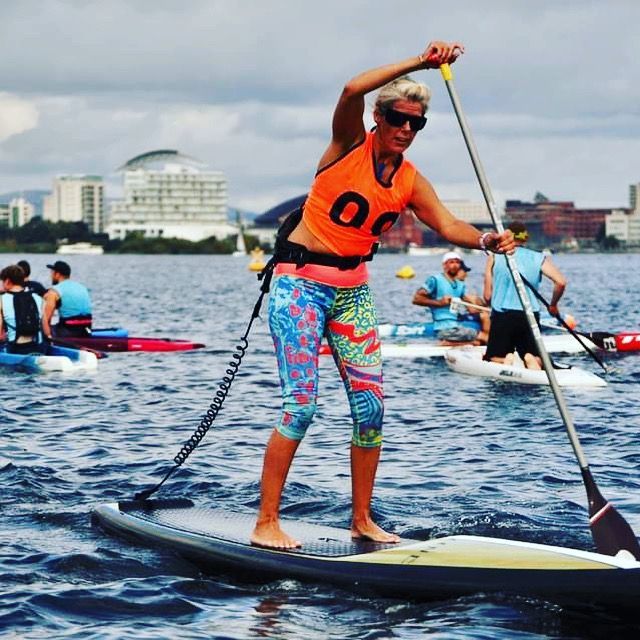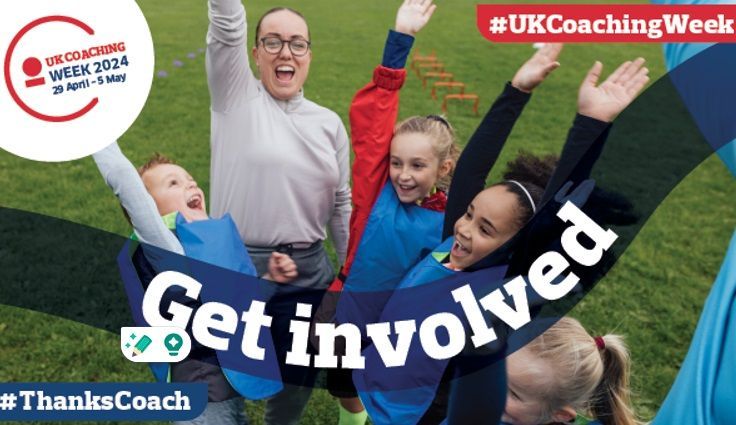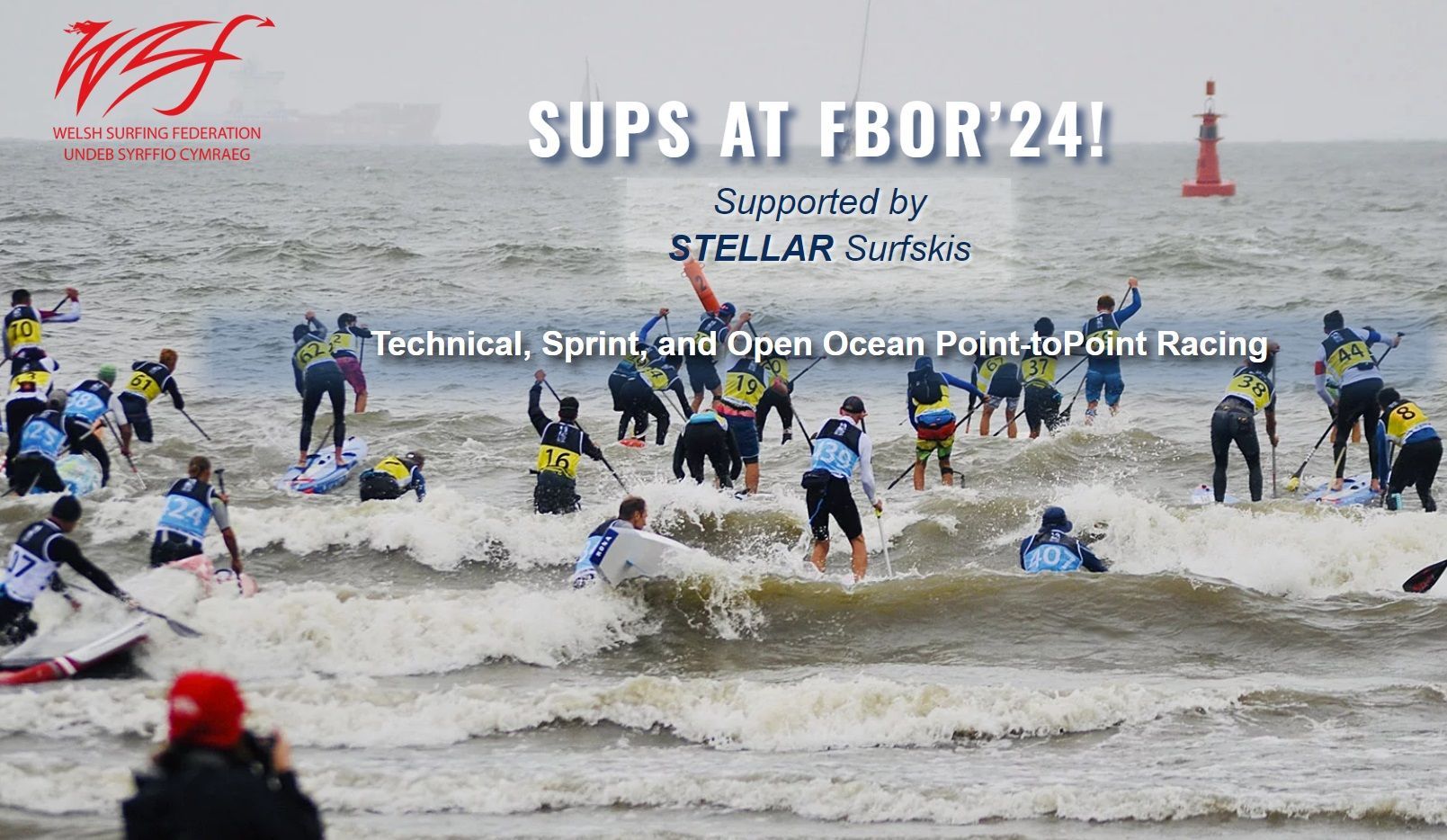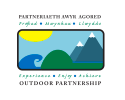The specialists are keen that we non-specialist do record our observations. I know we can lack confidence in our identification skills, though I’ve also met the odd overconfident observer too! Rest assured the experts will spot the records that are clearly wrong. We can get to places which they cannot. A deep river gorge, a remote bit of coast or a sandbank in an estuary are all places we can find ourselves, but seasoned naturalists might not, hence they really do want our records.
- Home
- About
- Go Paddling
- #ShePaddles Cymru
- Qualifications & Awards
- Competition
- Resources
- Access to Waterways
- Ceufad
- Club Support and Affiliation
- COVID-19 Guidance
- Discounts and Special Offers
- Event Planning and Safety
- Insurance
- Craft Insurance
- Protecting Our Environment
- Safeguarding and Child Protection
- Report an Incident
- #ShePaddles Cymru Champion Club Programme
- The Canoeing Code
- Young Volunteers
- Shop
- Environmental and Access
- Standards For Deployment
Citizen Science -paddling in nature, science, and how you can help
Can you do some citizen science?
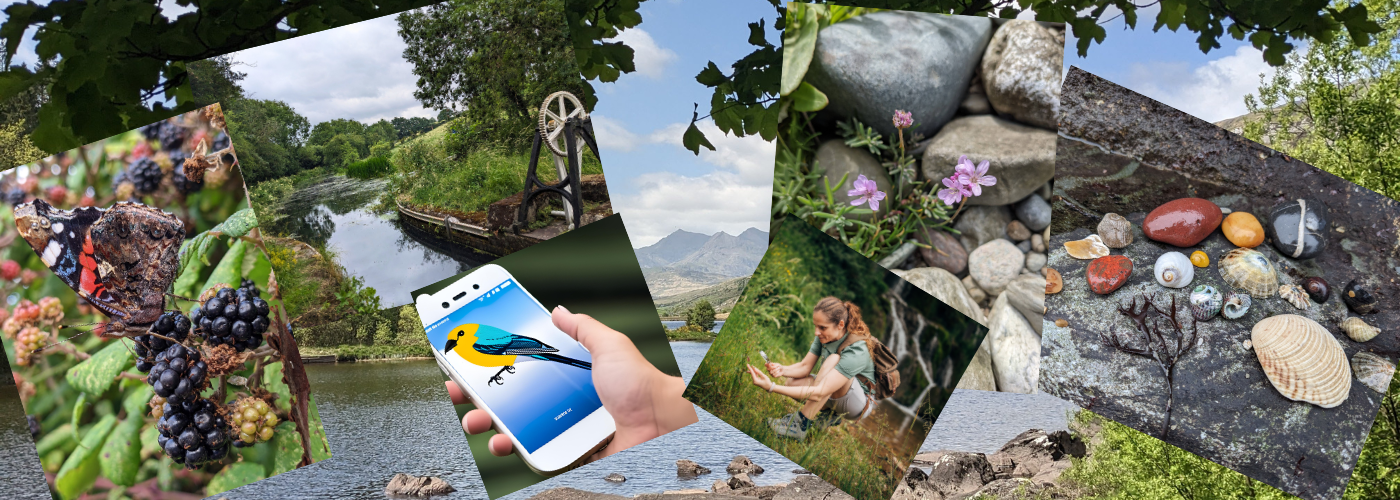
If you’ve ever taken part in the Big Garden Birdwatch, organised every January by the RSPB then you have done some citizen science. Citizen science is an incredibly powerful tool. It's a way for scientists to gather large amounts of data and at the same time engage the general public not just in the science they're doing but with a bigger environmental picture. Canoe Wales recently organised some environmental literacy training with Ella Sutton and one of the outcomes of that training was that it would be great to get more paddlers involved in citizen science.
On the face of it, citizen science is easier than ever given that you can create and share records on your mobile phone. It is however a rather overwhelming field and might appear a little impenetrable at first. So, can you incorporate environmental knowledge into your sessions? And which apps should you use to become a citizen scientist?
The Wales Coastal Explorer app is really good and easy to use if you are on the coast. It is designed to be used by non-specialists and your findings will be fed into the Local Environmental Record Centre which is LERC Wales. It’s a free app that can be downloaded to any smart phone.
You could, of course, go straight to LERC Wales and upload your records there. This is the best way to get your records to where they need to be, but it’s not quite so easy to use. All the recording apps need a login and a password. This app requires you to be able to name the species and upload it to the database. You can record anything natural onto this site though and you are not restricted to the coast, or to birds or to flowers etc.
If you have a particular interest in birds, then the Birdtrack app is the place to go. Your records from here will go to the Welsh Ornithological Society who will then pass them on the LERC Wales. You do need to know your birds though.
iNaturalist is pretty easy to use and has the facility to help with identification. This time, however, you can only record what you can photograph. You can photograph within the app, or you can upload a photograph at a later date, handy when your field location is not within good phone reception.
One other recording app I quite like is the iRecord Butterflies app. What’s nice about it is that it shows what butterflies are expected to be seen flying in your area, this helps enormously if you are a little uncertain on your identification, though getting the all important picture can still be tricky.
Most of the recording apps, and there are more than I’ve mentioned here, require you to be confident in identifying the species you have observed. This can be a little challenging as we don’t like to get things wrong.
Recognition apps have come along in leaps and bounds in the last year or two. Seek is popular and works well as does Plantnet and the aforementioned iRecord Butterflies. If it’s birds you are interested in then the ‘app of the moment’ is Merlin with its sound recognition feature. I’m loving it and I know other non-specialists are too. It’s important though to note that apps do not give you a definitive identification and you should check your observations in books as well. With the sound id feature on Merlin, you can go through to each species and listen carefully to the sounds each birds makes. Only this week I used it to identify a chiff- chaff. It wasn’t calling the classic chiff-chaff sound but another sound, a high-pitched whistle, with which I was not familiar with. The app suggested redstart and chiffchaff. On further investigation of the calls on the app it was apparent that it was a chiff-chaff and not a redstart. In-fact there wasn’t a redstart there at all on this occasion. The ornithologists reckon Merlin is about 85% accurate, which is really helpful for us, but not good enough to record purely on the first result you get.
In summary there is a lot of uncertainty when using recording apps for the non-specialist. I do encourage you to have a go though. Unless you try these things out, you’ll never get to grips with them. Of course, if you are really struggling to get started, simply make a paper diary recording. If you can record every year the first time you hear a cuckoo, or a willow warbler, or any other migrant bird, you are creating a valuable record. Similarly, observing when a flower blooms until when it ceases to bloom is all important information. Just making observations at home or work on a daily basis will soon become a good habit and you can start to think of yourself as a naturalist.
*Due to its popularity we are running our FREE Environmental Literacy Course again. This means that for those of you who missed out on the last one you now have the opportunity to book. Click on the button below for more details.
Recent Posts
OUR PARTNERS
Canoe Wales | All rights reserved.
Website Design by Website Sorted
CANOE WALES, CANOLFAN TRYWERYN, FRONGOCH, BALA, GWYNEDD, LL23 7NU | Company No. 02478971 | VAT No. 115151262





